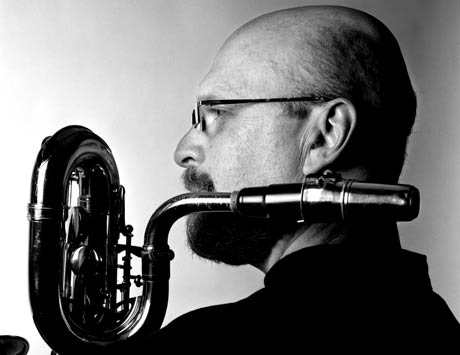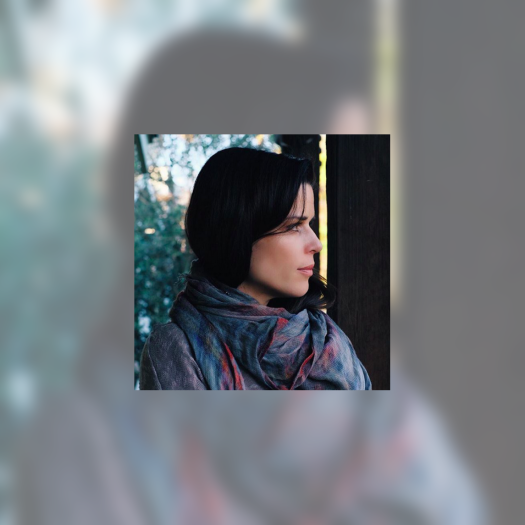Baritone saxophonist and York University professor David Mott has put together an intriguing combination of players for his suite Eleven. Tilting towards the bottom end of the frequency spectrum, he anchors the low end with fellow 40 Fingers member Peter Lutek on tenor, and the deep bass of Rob Clutton. Gordon Allen's trumpet and Jesse Stewart's drums are almost secondary to the bass heft. With this kind of instrumentation, the riffs are truly chunky, and they swing so hard one doesn't even notice the tricky time signatures. Contrastingly, the freer sections tend to deploy rich, full tones from the bass heads while the trumpet and drums skitter on top. Mott's a heck of a composer and knows his instrument's potential for multiphonic split tones, pairing them well with the other instruments. Allen and Clutton also match particularly well, as their laconic phrasing is just gorgeous in the fifth movement. The freest player in every situation is always Stewart who is chopping and channelling his kit throughout, including a very successful tom workout in the third movement where everyone is bobbing and weaving to create a bass-heavy undulation.
Youve played in many combinations of unusual instruments. What made you settle on this composition of instruments a standard "jazz quintet and why these players? Playing a baritone is a bit out of the mainstream as a saxophonist, having a project that resembles the mainstream norm would be fun. The people that I picked, all of them do solo performances on their instruments. I wanted to have a group in which everybody had that level of detail and integrity in their playing. As I view it, it was like trying to create a small orchestra within the quintet setting. A lot of peoples response to the quintet has been that it feels like orchestral music to them.
This suite has an organic dimension to it its like a cycle of breathing in and out. Your label Music as Energy connotes that "Music as energy comes from my formative years in the early 60s, one of my indelible impressions was seeing the John Coltrane Quartet around 1964. I was deeply impressed with the energy that was created each set was non-stop blowing, although there would be ebbs and flows within the music. It felt like you could go to a different level of flow and relationship that you cant when youre playing smaller compositions. With Eleven I was trying to create this entity with that kind of ebb and flow.
(Music As Energy)Youve played in many combinations of unusual instruments. What made you settle on this composition of instruments a standard "jazz quintet and why these players? Playing a baritone is a bit out of the mainstream as a saxophonist, having a project that resembles the mainstream norm would be fun. The people that I picked, all of them do solo performances on their instruments. I wanted to have a group in which everybody had that level of detail and integrity in their playing. As I view it, it was like trying to create a small orchestra within the quintet setting. A lot of peoples response to the quintet has been that it feels like orchestral music to them.
This suite has an organic dimension to it its like a cycle of breathing in and out. Your label Music as Energy connotes that "Music as energy comes from my formative years in the early 60s, one of my indelible impressions was seeing the John Coltrane Quartet around 1964. I was deeply impressed with the energy that was created each set was non-stop blowing, although there would be ebbs and flows within the music. It felt like you could go to a different level of flow and relationship that you cant when youre playing smaller compositions. With Eleven I was trying to create this entity with that kind of ebb and flow.




